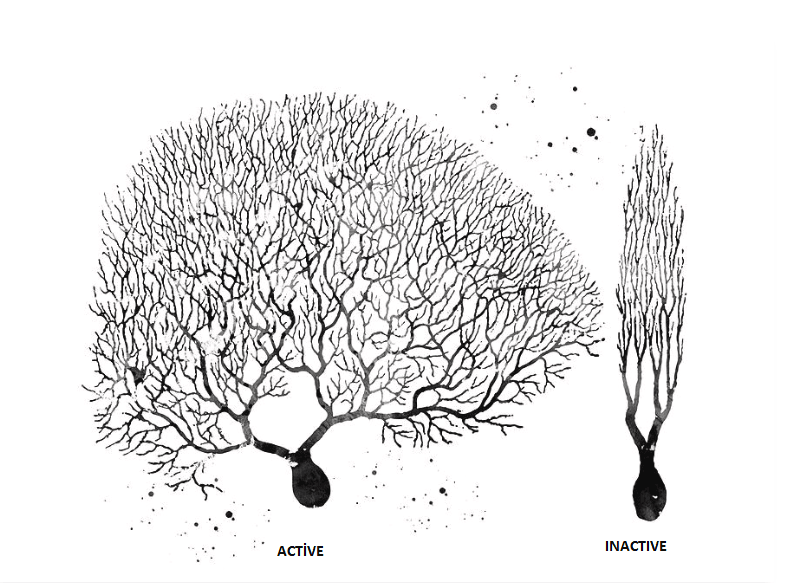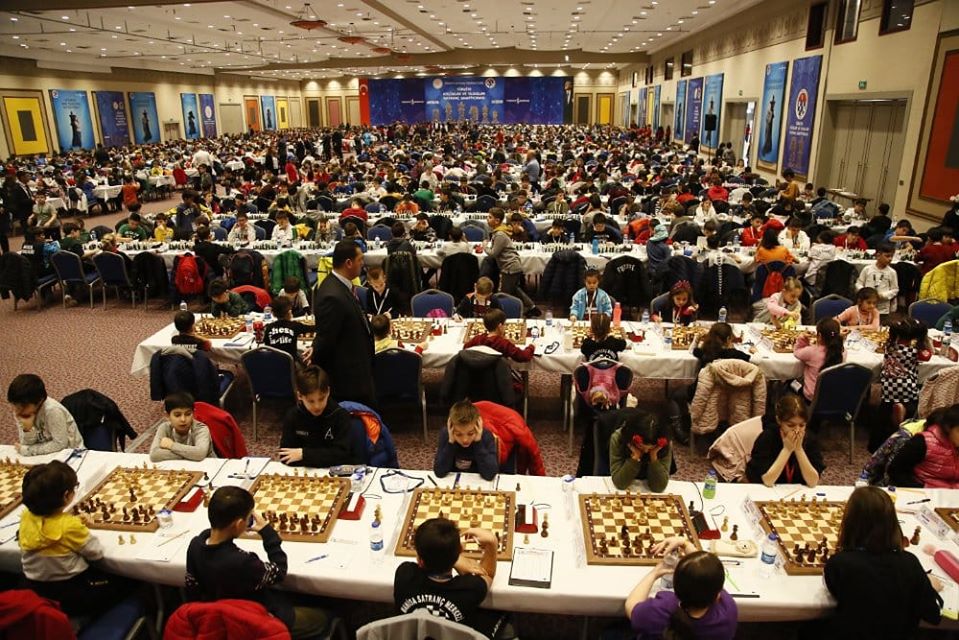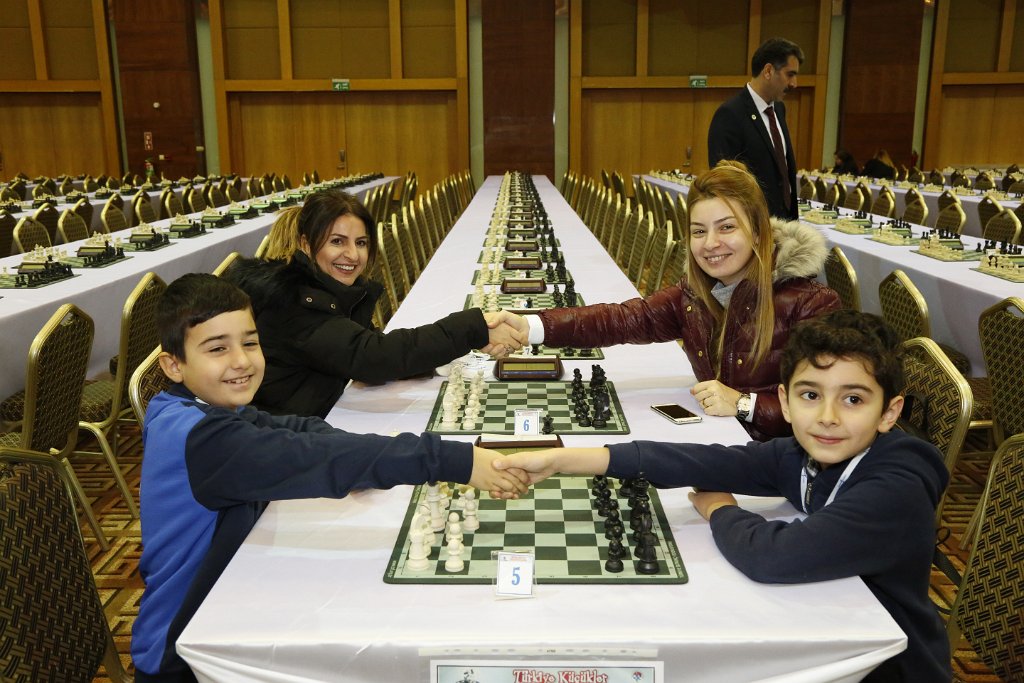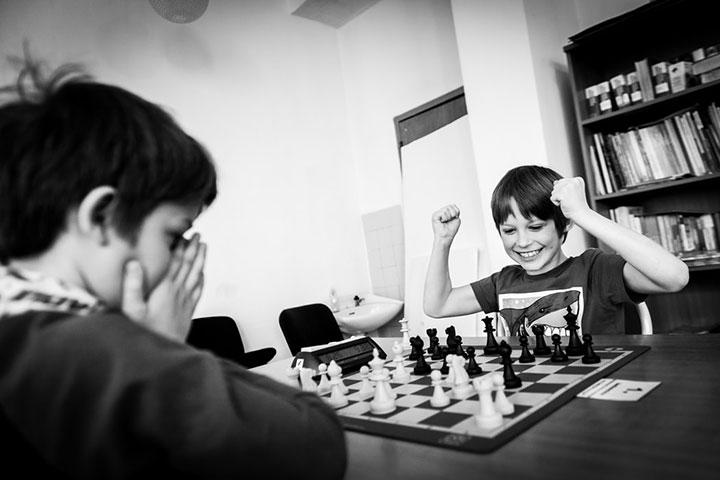1- Exercises Brain
Active parts of the brain rely on high amounts of energy, therefore, consume relatively higher amounts of oxygen and glucose to operate properly. Such parts are provided with much more blood to make sure the energy demand of the active neurons is met. This means that the blood flow into the human brain increases in line with the activity level of brain. Moreover, producing much more maintenance materials, active cells build a wider neuronal network by attaching themselves to other cells of the brain. Chance of survival of a brain cell increases in line with the extent to which its neural network has widened, whereas there is no way to survive for inactive brain cells.
In short, just as the other muscle groups do in human body, brain develops only when it is forced, or challenged. One of the best ways to force the brain is to play chess.

2- Improves Academic Performance
Various neurocognitive abilities performed during chess playing, including active memory, fluent mind, attention and concentration bring along a better functioning brain, thus increased competences and abilities, which leverage a student’s academic success at school. In 1994, three scientists were awarded with Nobel Prize in Economics by Royal Swedish Academy of Sciences on the grounds that they based their solutions to address complicated economic problems on the game of chess.
Furthermore, Bill Gates, Einstein and many other successful people are known to be highly interested in playing chess, and majority of successful chess players are graduates of good universities and holders of good jobs, which are not simply a matter of coincidence. (Holding his title as the world champion of chess for years, Max Euve was also a very successful doctor.)

3- Improves Memory
‘Forcing’ the memory is the key to improve it, as it is with the brain in general. Chess keeps memory continuously occupied; in return, one of the brain parts (hippocampus) that is involved with memory starts having higher number of neurons, preventing forgetting to a great extent.
4- Socializes
Out of any other type of sports, chess is on Top 3 in many countries, with respect to the number of registered players. Hence, playing chess gives one the opportunity to meet hundreds of new people and make new friends both in clubs and during tournaments.

5- Teaches How to Play with Ethics and Take Responsibility
Fair-play is central to the game of chess. Hand shaking is performed as a ritual: The opponents wish success to each other before the game starts, and the loser congratulates the winner by shaking hands, afterwards. The beaten opponent is well aware of the fact that the defeat is an outcome of his/her own decisions. Similarly, there is neither a person to blame for the defeat, nor an excuse to come up with. Responsibility of any decisions made for the moves lie with him/her, which increases the sense of responsibility. Friendship is forever, regardless of the result of the game, even if the winner is pleased while the loser regrets.





